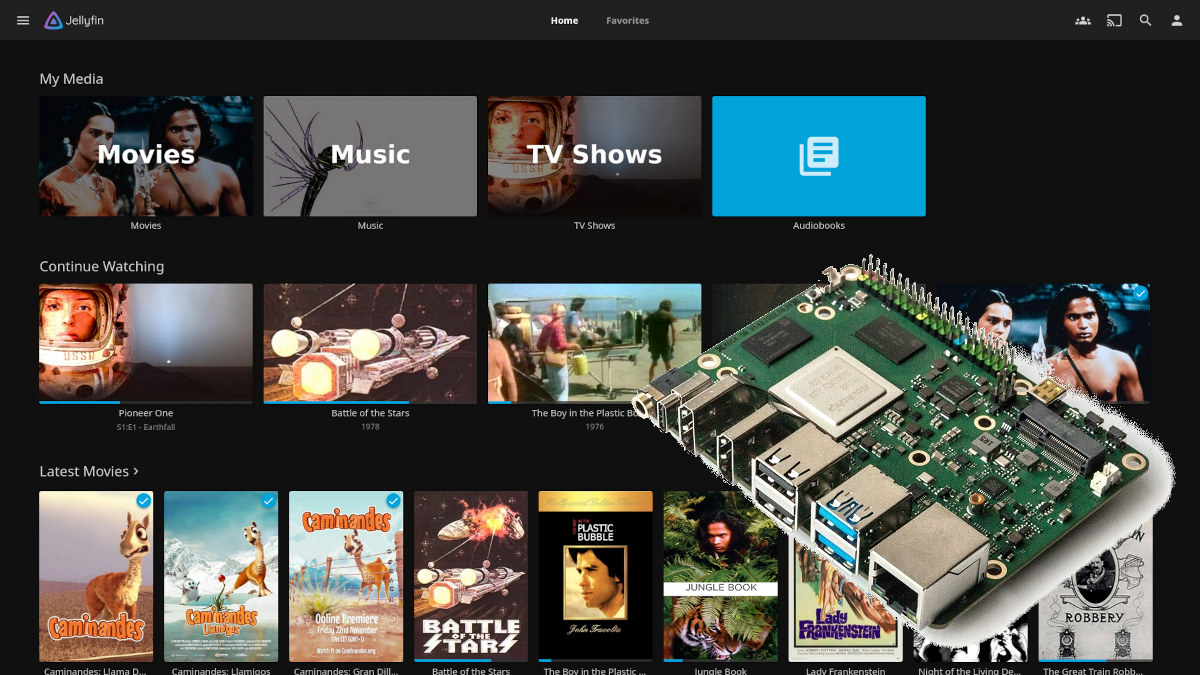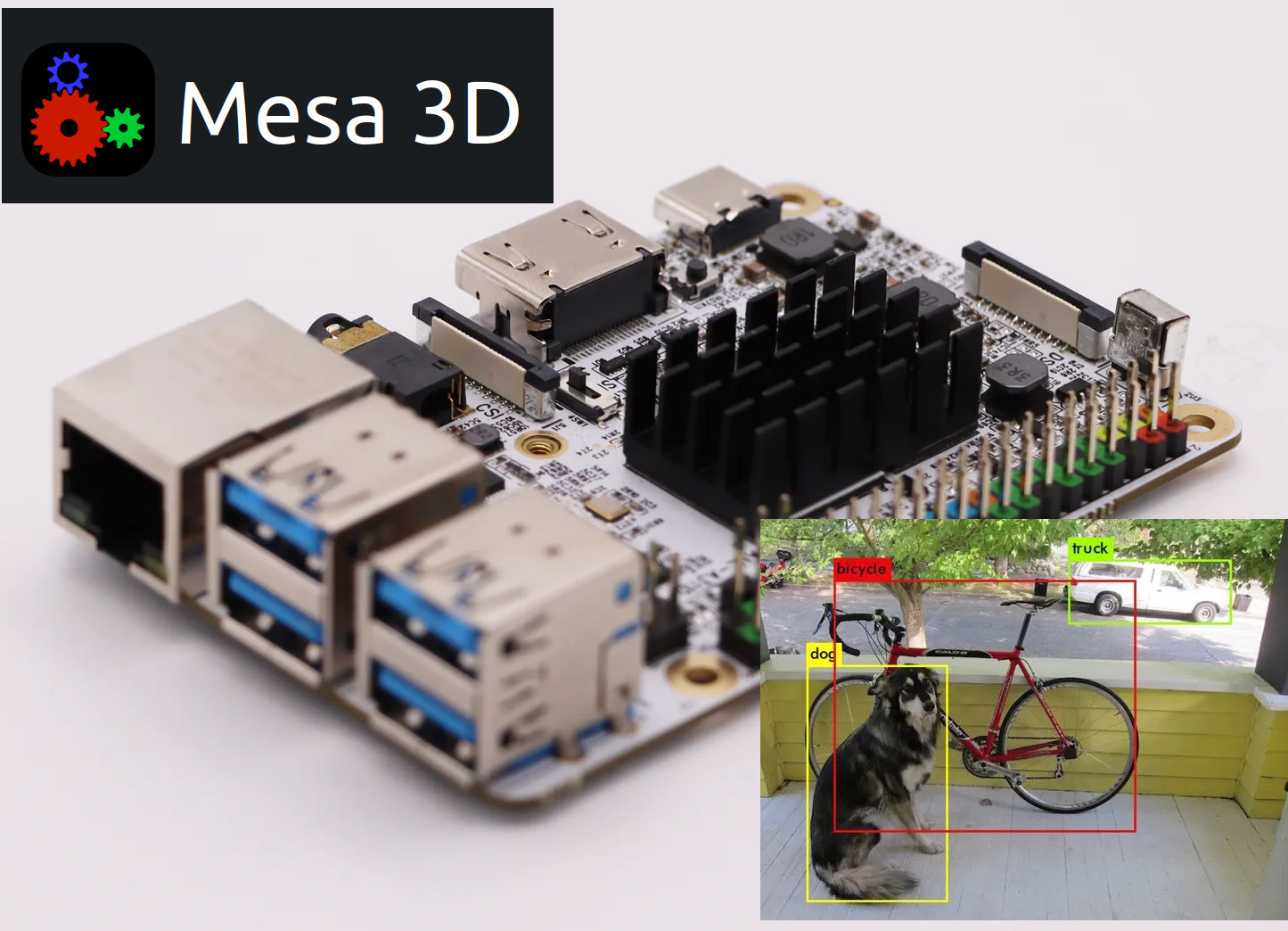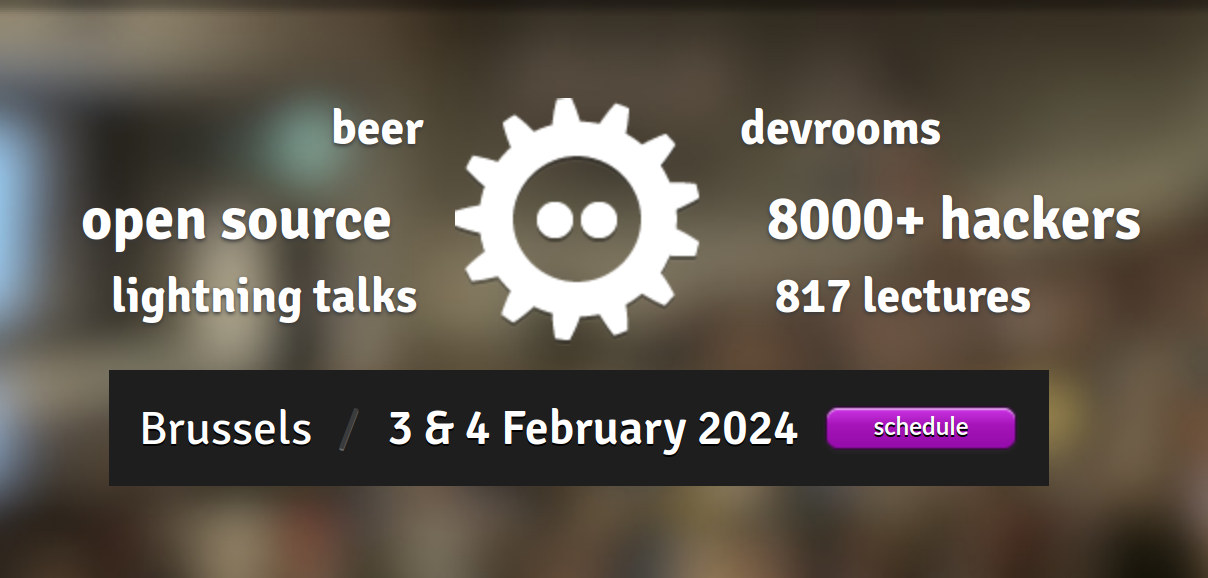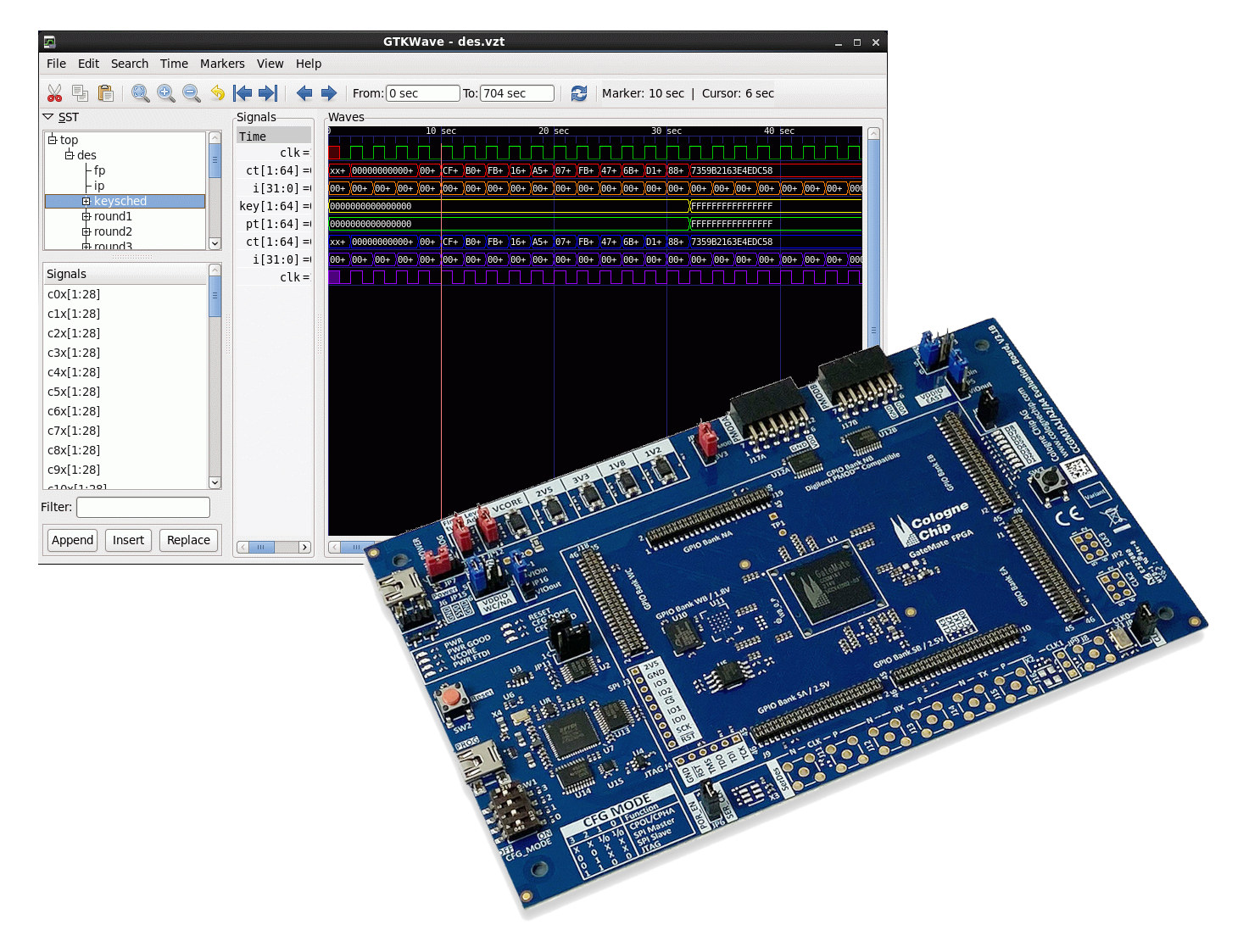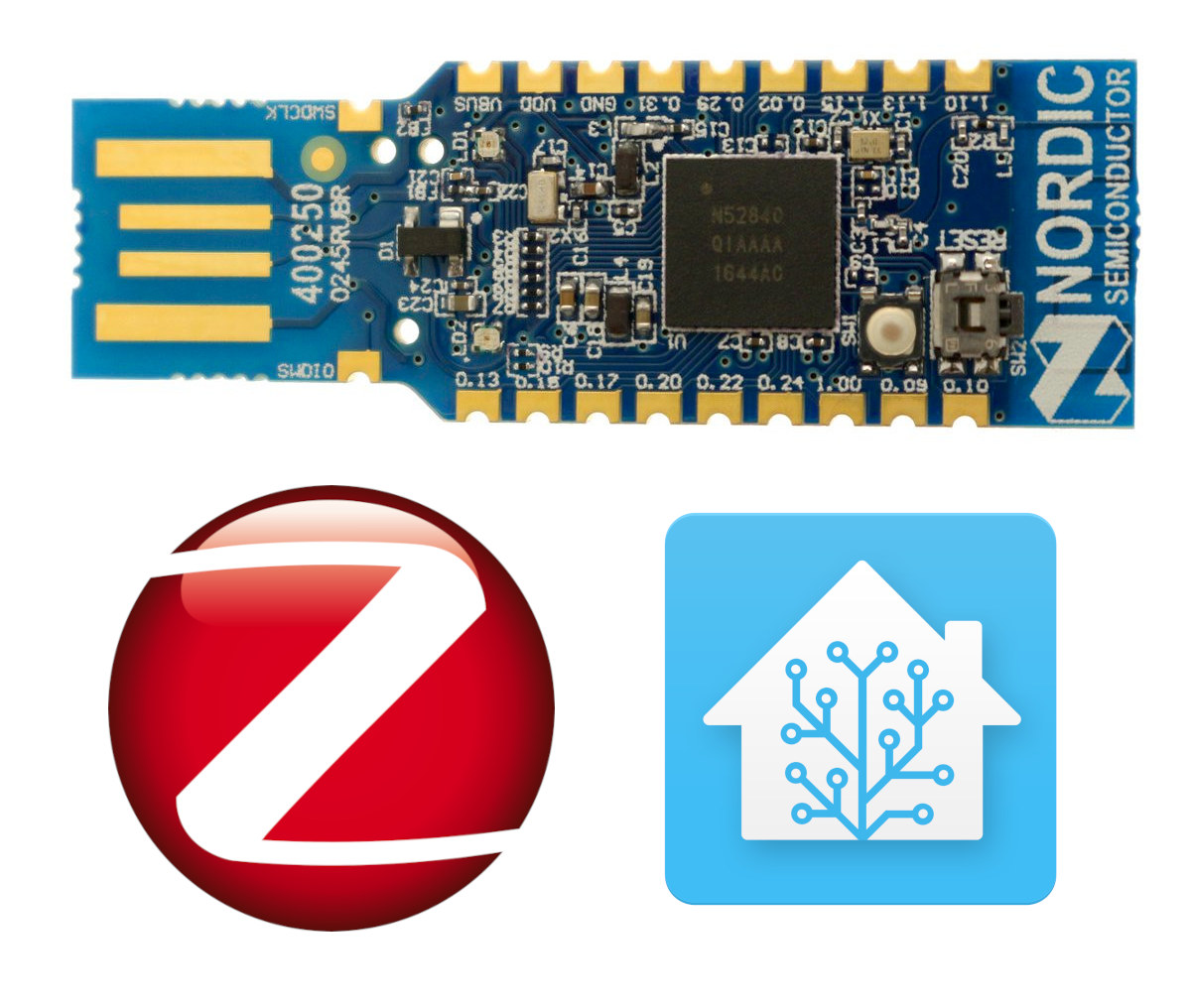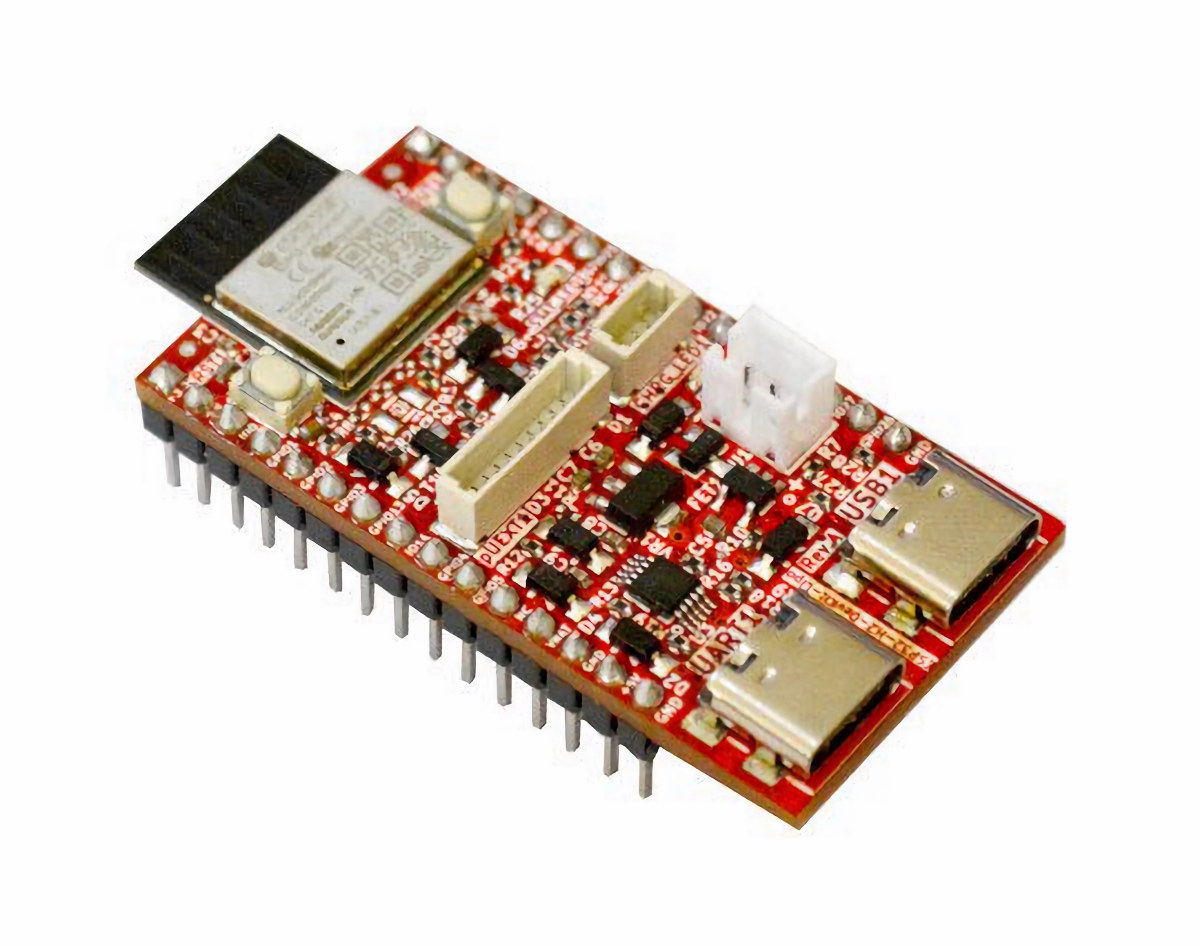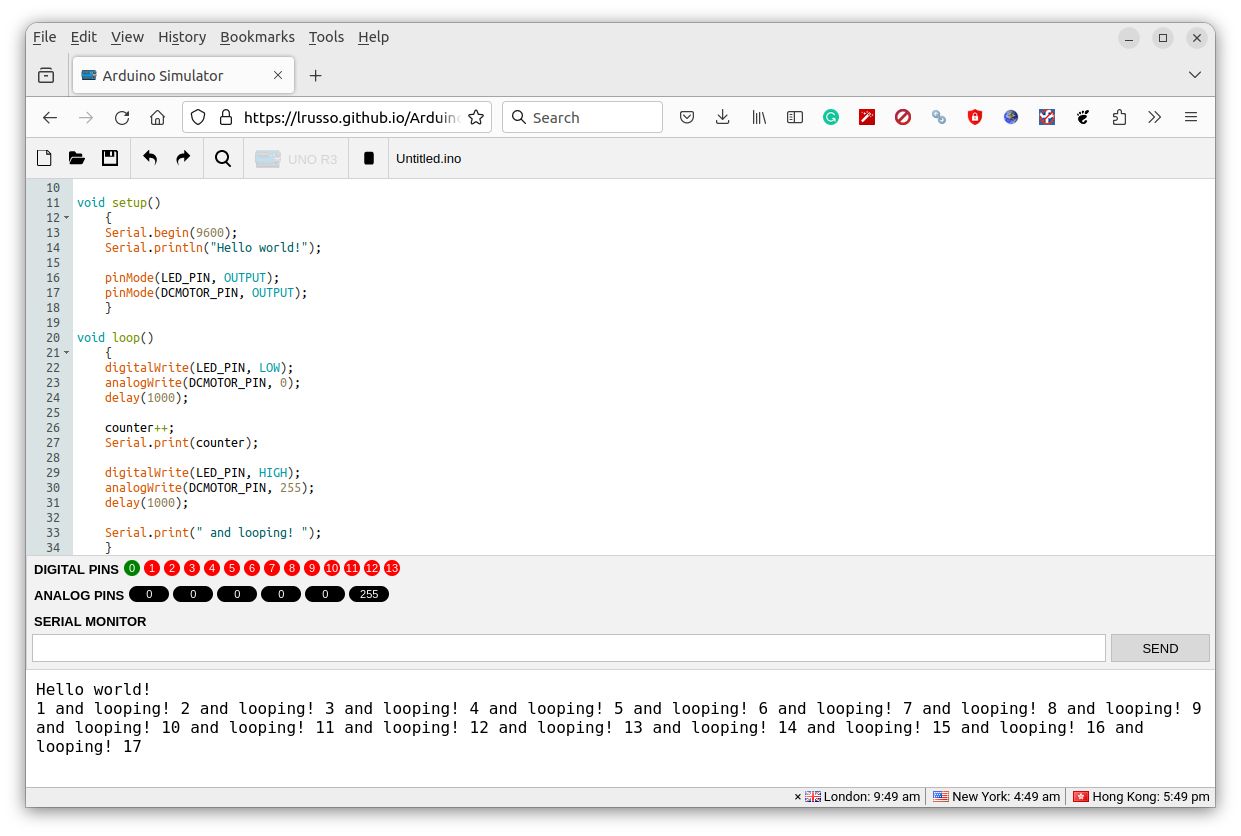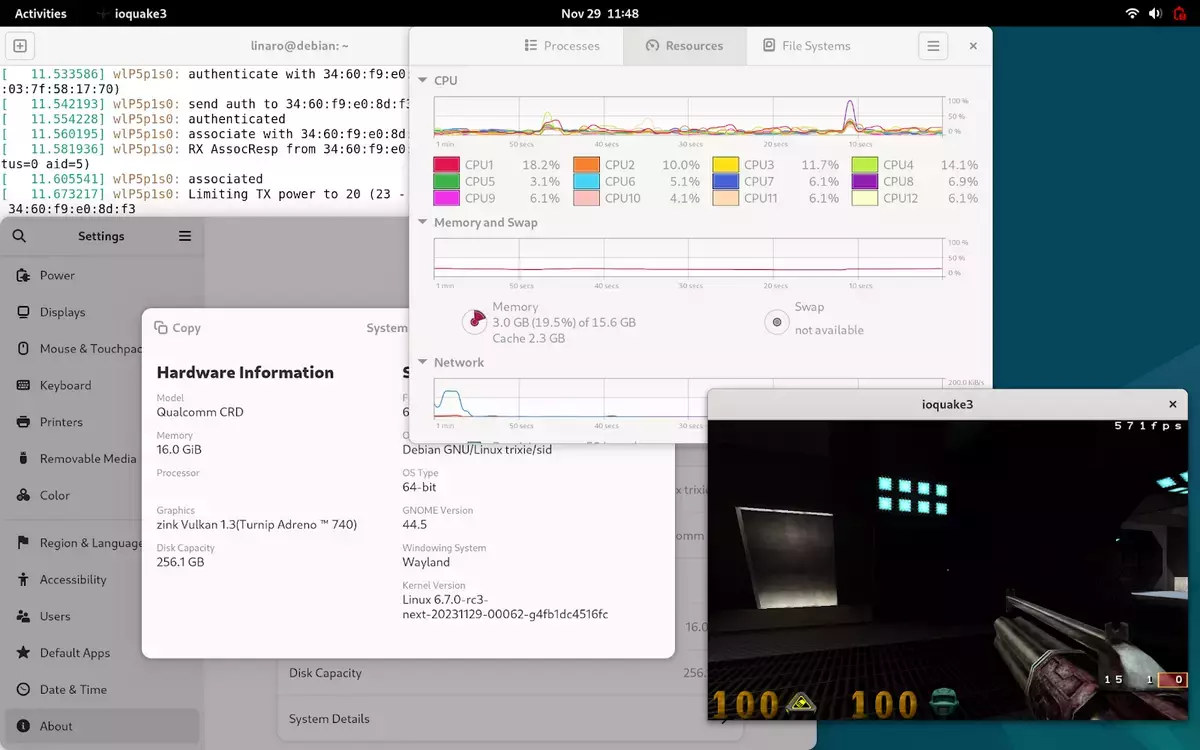Jellyfin open-source media server has recently added support for Rockchip RK3588 MPP hardware acceleration, which means the software supports video hardware decoding and encoding, hardware scalers, and other features. The GitHub request lists the following changes: Add full HWA transcoding pipeline for Rockchip RKMPP HW decoder (MPEG1, MPEG2, MPEG4, H264, HEVC, VP8, VP9, AV1) HW encoder (H264, HEVC) up to 1080p @ 480fps / 4k @ 120fps on RK3588 HW scaler, format conversion, and subtitle burn-in HW HDR-to-SDR tone-mapping (requires OpenCL, RK3588 only) The OpenCL runtime can be downloaded and installed from libmali-valhall-g610-g13p0-x11-wayland-gbm_1.9-1_arm64.deb Support lossless AFBC (Arm frame buffer compression) to save memory bandwidth and improve FPS Support async RGA filter and MPP encoder If indeed decoding and encoding can be performed simultaneously, that would mean video transcoding can be offloaded to the Rockchip RK3588’s VPU. The changes has been tested with Linux 5.10 and Linux 6.1, but do not […]
Vivante NPU (found in Amlogic A311D) gets its open-source driver upstreamed to Mesa
The Teflon project is an open-source TensorFlow Lite delegate that currently supports VeriSilicon Vivante NPU and aims to support several other AI accelerators over time. The project has recently been upstreamed to Mesa meaning AI inference with open-source software will work out of the box in supported hardware once Mesa 24.1 is released in May 2024. Teflon relies on the Etnaviv open-source driver better known for working with Vivante GPUs found, for instance, in NXP i.MX processors, but Tomeu Vizoso also worked on implementing Vivante NPU support since May 2022 thanks to a sponsorship from Libre Computer and documented the development progress on this blog. The VeriSilicon Vivante “VIPNano-QI.7120” 5 TOPS NPU is found in the Amlogic A311D processor, and Tomeu tested Teflon with the Etnaviv NPU drive on both the Libre Computer AML-A311D-CC Alta and Khadas VIM3 single board computers with decent performance although still slower than with the […]
FOSDEM 2024 schedule – Open-source embedded, mobile, IoT, robotics, RISC-V, etc..
FOSDEM – which stands for Free and Open Source Software Developers’ European Meeting – is a free-to-participate event where thousands of developers meet in Brussels on the first week-end of February to discuss open-source software & hardware projects. FOSDEM 2024 will take place on February 3-4 with 880 speakers, 818 events, and 66 tracks. Although I won’t attend, I’ve created a virtual schedule like every year with sessions most relevant to the topics covered on CNX Software from the “Embedded, Mobile and Automotive” and “Open Hardware and CAD/CAM” devrooms, but also other devrooms including “FOSS Mobile Devices”, “ Energy: Reimagining this Ecosystem through Open Source”, “RISC-V”, and others. FOSDEM Day 1 – Saturday, February 3, 2024 10:30 – 10:55 – Screen Sharing on Raspberry Pi 5 Using VNC in Weston and Wayland with the Yocto Project and OpenEmbedded by Leon Anavi In 2023, embedded Linux developers received eagerly awaited news: […]
Cologne Chip releases an open-source integrated logic analyser (ILA) for GateMate FPGA chips
Cologne Chip’s “Integrated logic analyzer” (ILA) project is an open-source Verilog implementation of a logic analyzer running on the company’s GameMate A1 FPGA and designed to capture internal signals. When we first covered the GameMate A1 FPGA we noted Cologne relies on the open-source Yosys framework coupled with a proprietary, but free-of-charge, place & route tool contrary to most other FPGA vendors that only offer closed-source proprietary development tools. The German company has now released the GateMate integrated logic analyzer project to help customers debug their FPGA designs. The project includes the digital circuit of the ILA designed in the hardware description language Verilog and a Python program (ILA Control Program) used to configure the configuration of the ILA from the design under test (DUT) and provide an interface with the user during the debugging process. The user will also need a GateMate FPGA toolchain and GTKWave open-source program to […]
Zigbee Home is an ESPHome-like firmware project for Zigbee devices
Zigbee Home firmware project aims to provide similar functionality to ESPHome open-source firmware, but for Zigbee devices based on Nordic Semi nRF52 wireless microcontrollers, and later on the newer nRF53 MCUs.
The firmware relies on Nordic Semi ZBOSS for Zigbee 3.0 stack and should eventually enable a range of Zigbee devices to be flashed with open-source firmware and facilitate integration with Home Assistant open-source home automation framework through ZHA integration, and support for Zigbee2MQTT is also being worked on.
8 Euros ESP32-H2-DevKit-LiPo is an open-source hardware Bluetooth 5 LE and 802.15.4 (Zigbee/Thread/Matter) board
Olimex ESP32-H2-DevKit-LiPo is an open-source hardware board based on ESP32-H2-MINI-1-N4 wireless module with Bluetooth 5 Low Energy (LE) and an 802.15.4 radio for Zigbee, Thread, and Matter connectivity, and that can be powered by a LiPo battery. The ESP32-H2 RISC-V microcontroller is coupled with 4MB flash in the wireless module, and the board comes with two rows of 15 pins for up to 19 GPIOs with alternate functions such as ADC, SPI, UART, I2C, etc… plus pUEXT and Qwiic/Stemma connectors for expansion modules. The board also features two USB-C ports, one for connected directly to the ESP32-H2 and the other for USB to UART programming/debugging. ESP32-H2-DevKit-LiPo specifications: Wireless module – ESP32-H2-MINI-1-N4 MCU – Espressif Systems ESP32-H2 32-bit RISC-V microcontroller at up to 96 MHz with 320 KB SRAM, 128 KB ROM, 4 KB LP memory, Bluetooth 5.2 LE/Mesh and 802.15.4 (Zigbee/Thread/Matter) radios. Storage – 4MB flash storage PCB antenna Dimensions […]
ArduinoSimulator is an open-source Arduino Simulator that runs in your web browser
Leonardo Russo’s ArduinoSimulator is an open-source Arduino Simulator written in JavaScript that runs code directly in your web browser and shows the serial output and digital/analog pins status for various Arduino boards namely Arduino UNO R3, MEGA1280, MEGA2560, and NANO V3. We previously covered the Wokwi simulator for ESP32. Arduino, and Raspberry Pi RP2040 that’s a great little tool for educators to emulate circuits and run code right in a web browser, and it even supports the ESP32-P4 wireless MCU although it’s yet to be released. While the simulators are written in JavaScript and open-source, the tool itself is not, and for instance, you can’t run a self-hosted instance of Wokwi or use it offline. The ArduinoSimulator is fully open-source and runs entirely from a web browser. It’s not quite as complex and full-featured as Wokwi, as you can’t build your own circuits, but you still have an area to […]
Debian 12 and Linux upstreaming for the Qualcomm Snapdragon X Elite SoC
When Qualcomm launched the powerful 4.2 GHz Snapdragon X Elite 12-core Arm SoC for “mobile PCs” (better known as laptops), I was surprised they showed benchmarks for both Windows and Linux as in the past, the company focused on Windows only for this type of processor. But at the time we were only shown Geekbench 6.2 results in Linux, so it was not clear what was supported at the time. But a recent post by Abel Vesa, Linaro engineer, explains a fully working Debian 12 image with GPU rendering and WiFi connectivity was ready right before launch and work is now being done to upstream the code to Linux mainline. In this post, he shares the Linux upstreaming plan and provides instructions to install Debian 12 on an official Snapdragon X Elite reference design. Upstreaming will be done in two parts, starting with support for the following: Qualcomm Oryon CPUs Clocks, […]


